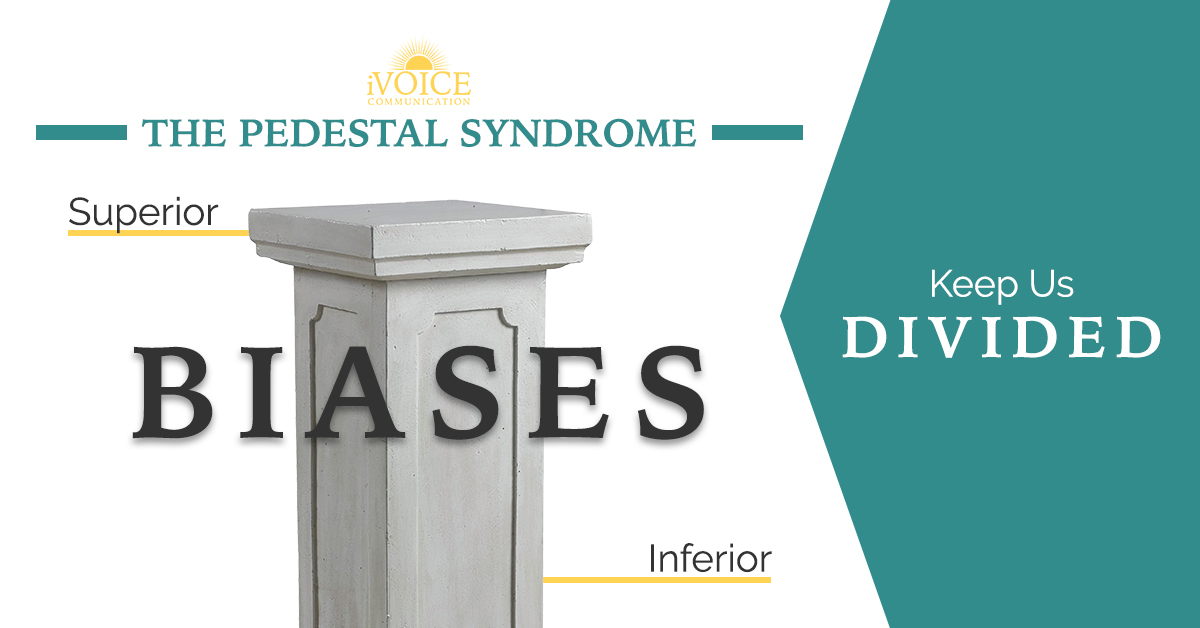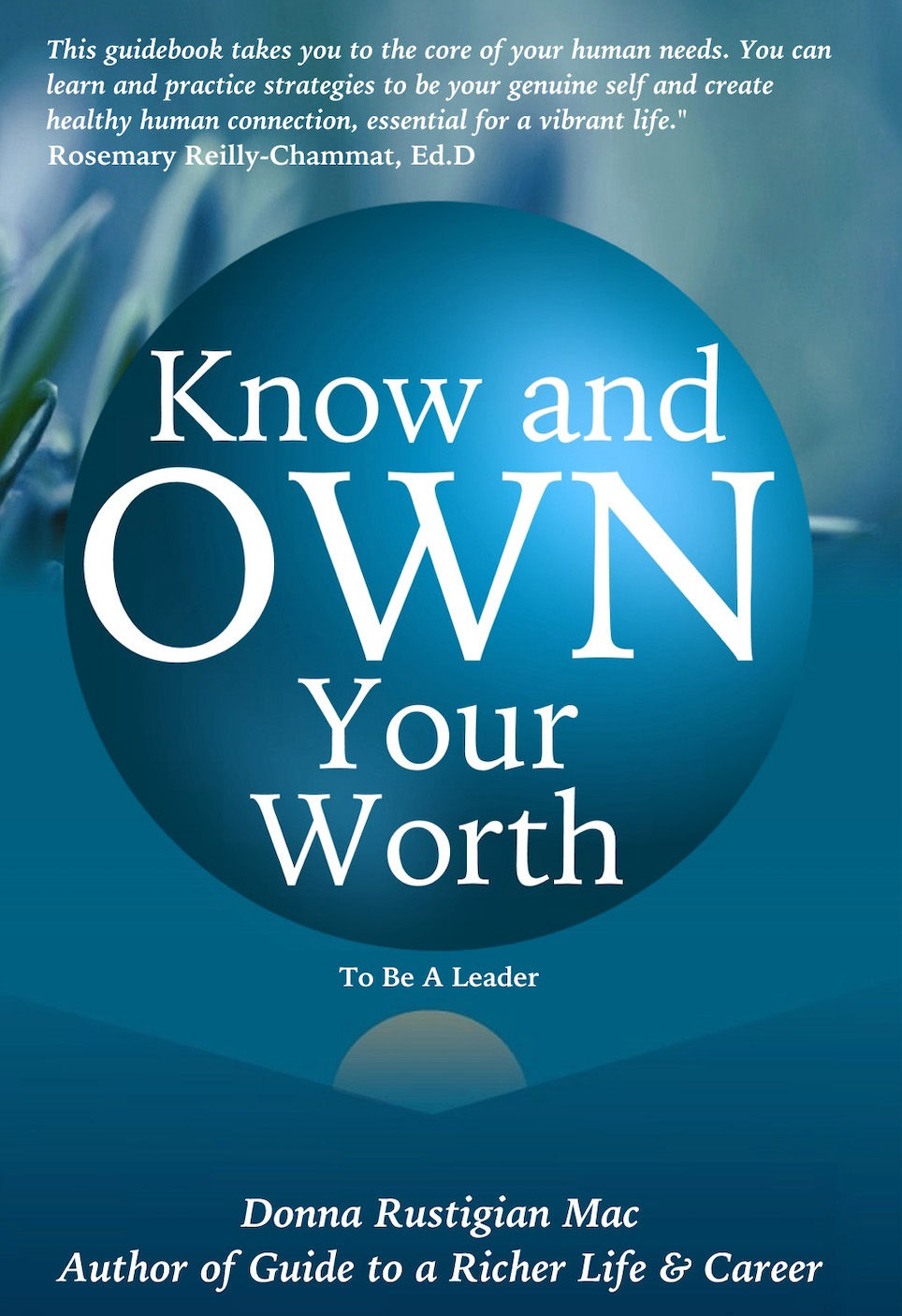Mindful communicators know how easy it is for humans to put on their ‘black robes’ and begin to judge…everyone. Sometimes it’s fun like when we go on vacation and ‘people-watch’ while making up stories about what peoples’ lives are like. When doing this, I always think I can guess who’s the dominant character is in a relationship or I just know when the child is the alpha of the family and running the show.
Judging is natural. It’s what our minds do to ensure our safety. Judging can help us make wise decisions while navigating our lives and careers. But ‘our judge’ can also carry an unnecessary gavel, be harsh, and it can be wrong. In this incredibly fast paced world, Assumptions can lead to lower expectations and make mistakes when we’re not mindful of ‘our judge’.
For example, have you ever heard someone speak about all the “entitled” Millennials or all the Boomers who just “can’t keep up with technology”?
As we know, we can’t place every Millennial or Boomer into the same category. When we do, we sometimes pin an automatic, unearned reputation on the innocent. Plus, when we rush to judgment, we form assumptions. Assumptions can lead to lower expectations. When we expect less of people, guess what happens? We often receive less in return.
There’s an ROI for remaining mindful of our judgments. Of course, judgments can help us comprehend and discern. But judgments can also discriminate and place a wedge between us and other humans. When we judge quickly, harshly and unfairly, biases are formed. These are the biases that are running rampant throughout our society.
To begin to diminish our harsh judgments, we must consider where they originate. Sometimes we judge harshly because people have specifically done something wrong and legitimately earned their reputation. But judgments are also learned through conditioning. For example, while growing up, if your parents looked down upon the neighbors, that sentiments might have automatically rubbed off on you. If your peers felt superior to a group that was different (because of color, gender, age, etc…) a sense of division, even slight, might remain in your psyche.
Oh, the perils of being human! But humans evolve.
If you want to begin to curb biases while remaining wise, discerning rather than judging too harshly, begin to become more aware. This is what we call communicating mindfully.
- Be aware the next time you might rush to judgment.
- Ask yourself, “am I judging harshly”.
- Remember that harsh judgment can lead to assumptions leading to low expectations.
- Consider discerning rather than judging too harshly.
Or, as mindful journalist Shannon Harvey says, “Don’t believe everything you first think”. Instead, take off the black robe, take a breath, and remember that the most effective communicators know the best way to communicate honestly and candidly with others is to communicate honestly and candidly with themselves first.








